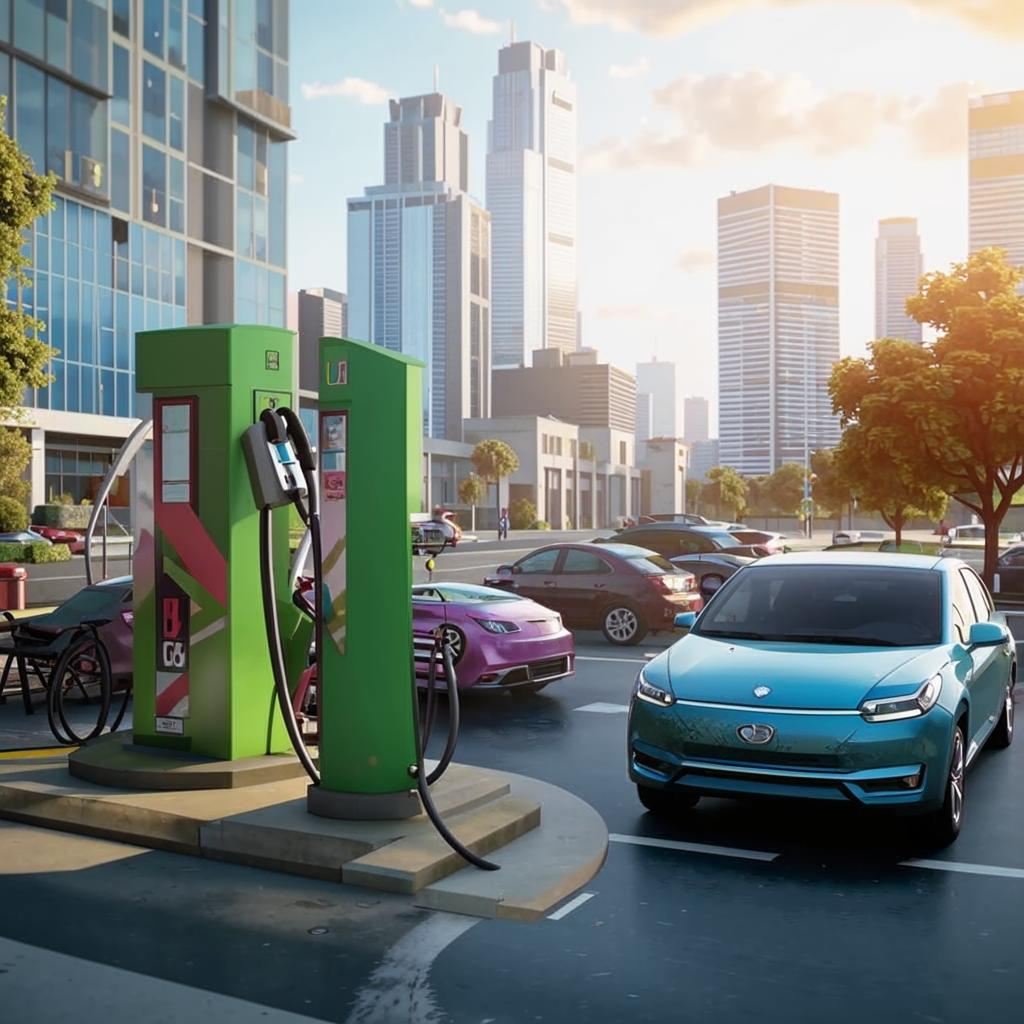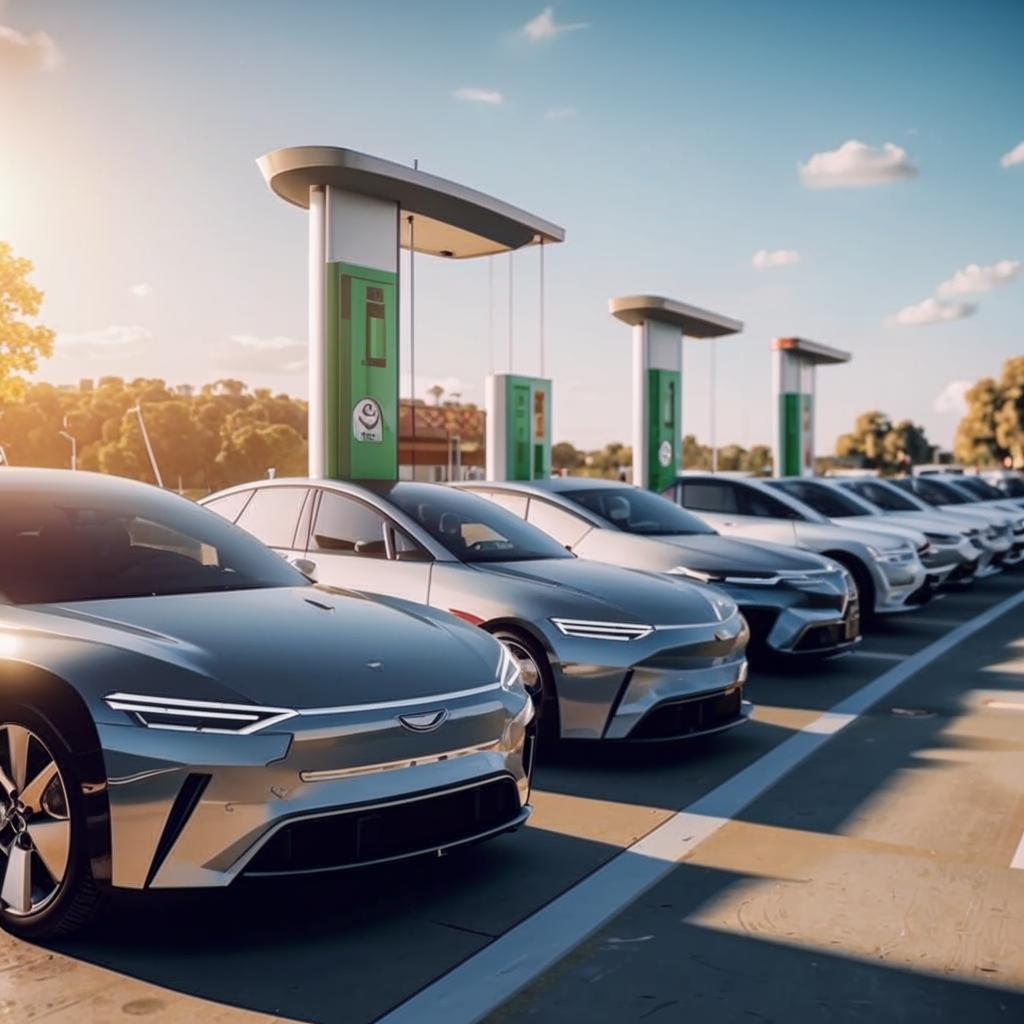The electric vehicle (EV) market is experiencing unprecedented growth, fueled by increasing consumer demand and substantial investments from automakers worldwide. Global EV sales have surged in recent years, with projections indicating continued expansion as governments implement stricter emissions regulations and offer incentives to encourage adoption. Major automakers are pouring billions into developing new EV models and expanding production capacity, signaling a long-term commitment to electrification.
This shift is driven by growing awareness of the environmental benefits of EVs, particularly their role in reducing greenhouse gas emissions and combating climate change. As battery technology improves and charging infrastructure becomes more widespread, range anxiety – a key concern for potential EV buyers – is diminishing. Moreover, the total cost of ownership for EVs is becoming increasingly competitive with traditional gasoline-powered vehicles, considering factors like fuel savings and reduced maintenance.
However, challenges remain. The availability of raw materials for battery production, such as lithium and cobalt, is a concern, and ensuring a sustainable and ethical supply chain is crucial. Expanding charging infrastructure to meet the growing demand is also a priority, particularly in rural areas. Despite these challenges, the EV boom is transforming the automotive industry and paving the way for a cleaner, more sustainable transportation future. Government policies and technological advancements are key factors that drive this rapid market expansion, promising a greener planet for future generations and a change in consumer behaviour.














